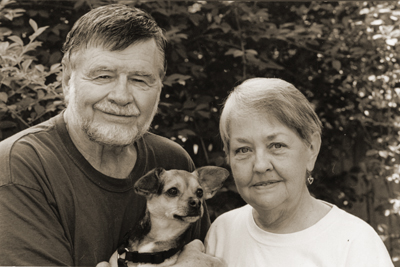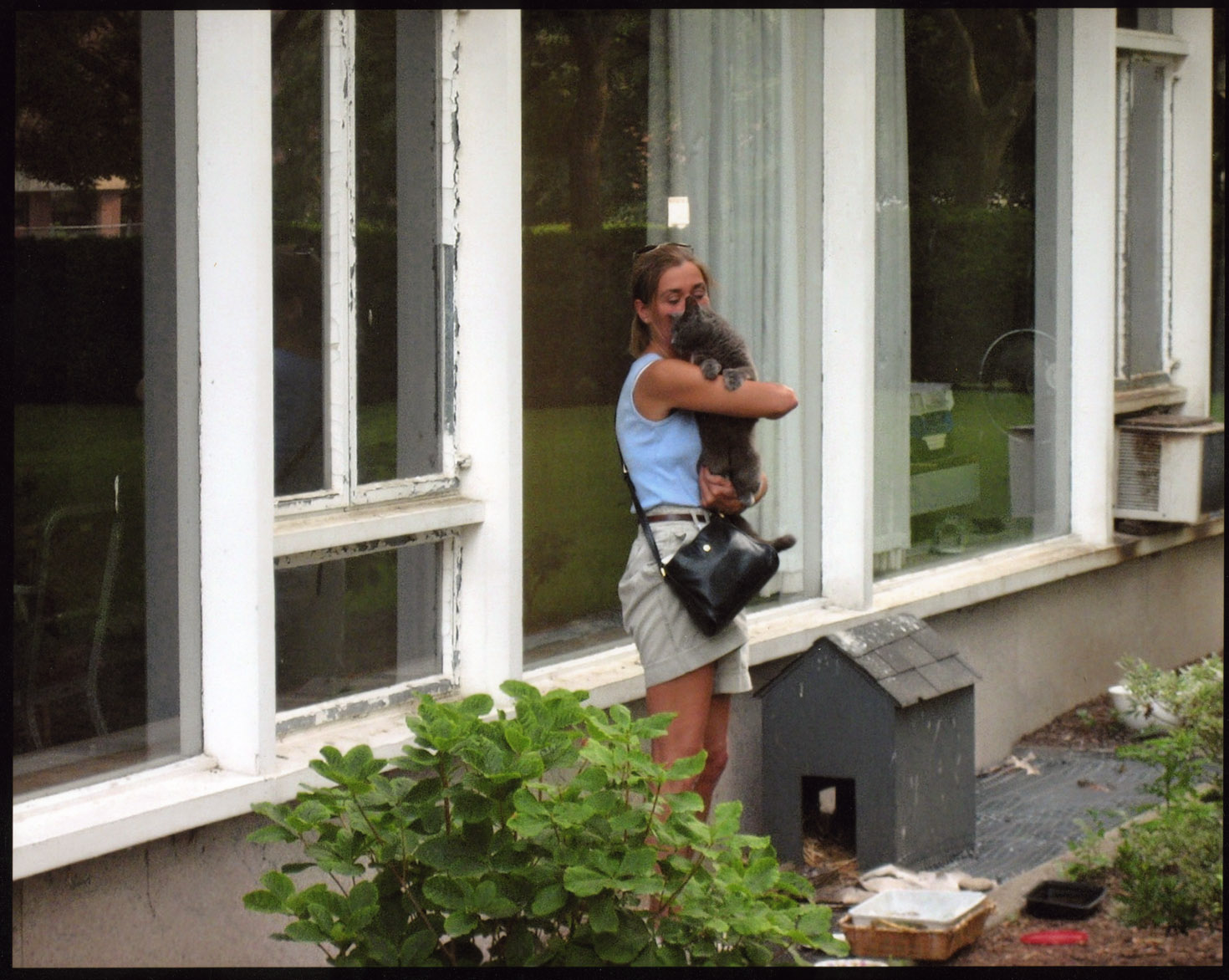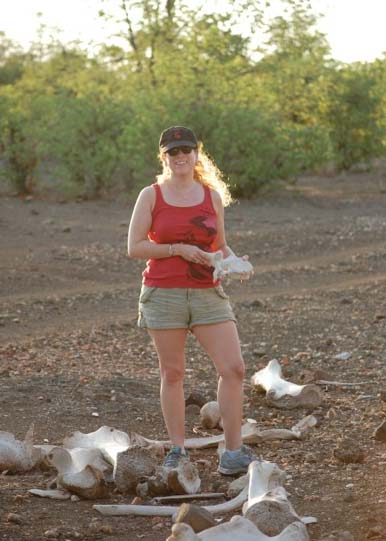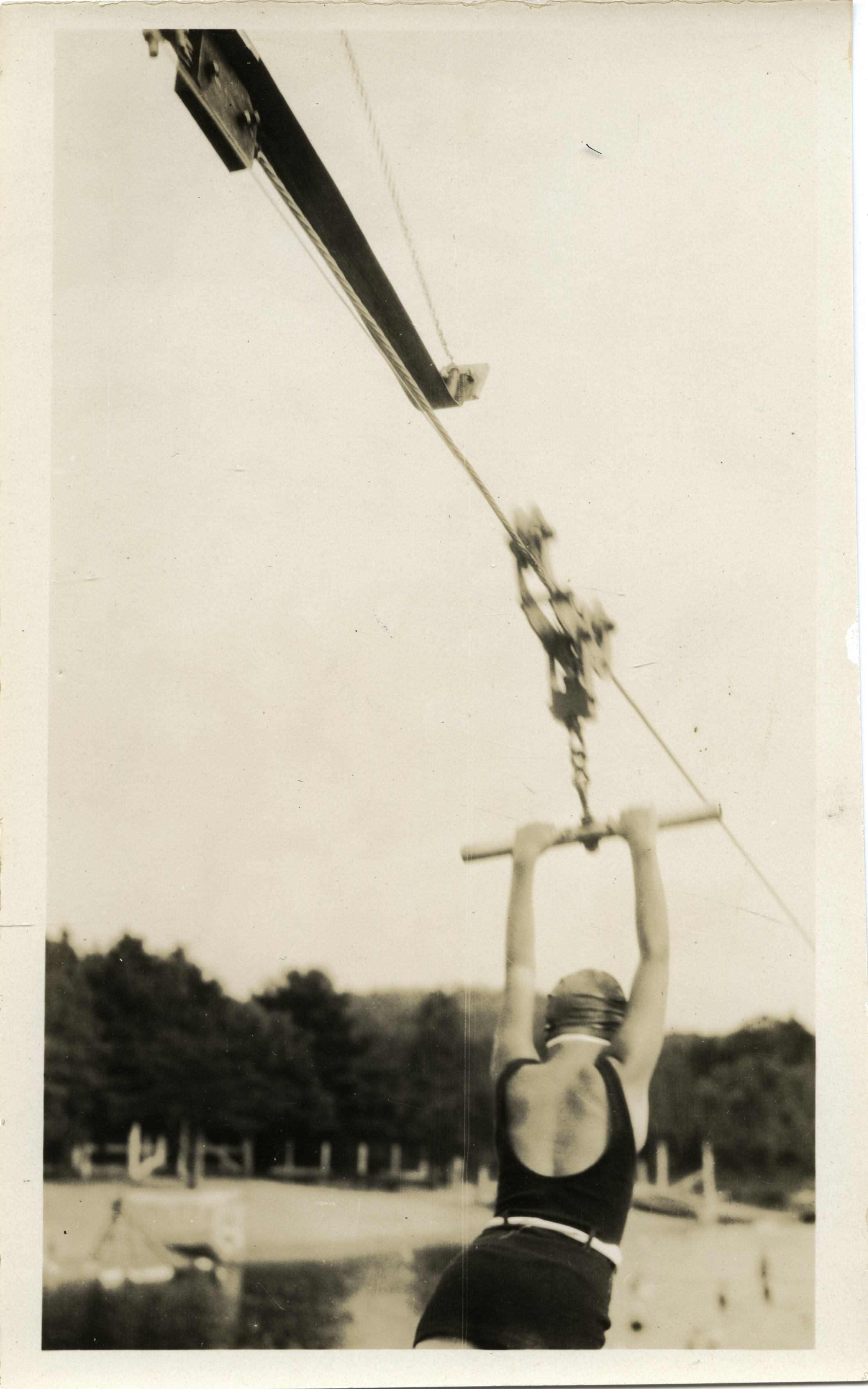Robert and Martha Perske Papers

While serving with the U.S. Navy in the Philippines during World War II, the teenaged Bob Perske became aware of the vulnerable and disabled in society and turned his life toward advocacy on their behalf. Studying for the ministry after returning to civilian life, Perske was appointed chaplain at the Kansas Neurological Institute, serving children with intellectual disabilities for 11 years, after which he became a full-time street, court, and prison worker — a citizen advocate — laboring in the cause of deinstitutionalization and civil rights of persons with disabilities, particularly those caught in the legal system. After Bob married his wife Martha in 1971, the two became partners in work, with Martha often illustrating Bob’s numerous books and articles. In 2002, Perske was recognized by the American Bar Association as the only non-lawyer to ever receive the Paul Hearne Award for Services to Persons with Disabilities.
The Perske Papers contains a fifty year record of published and unpublished writings by Bob Perske on issues surrounding persons with disabilities, along with correspondence, photographs, and other materials relating to the Perskes’ activism. The correspondence includes a particularly rich set of letters with a fellow advocate for persons with disabilities, Robert R. Williams.




